Agriculture
February 26, 2024
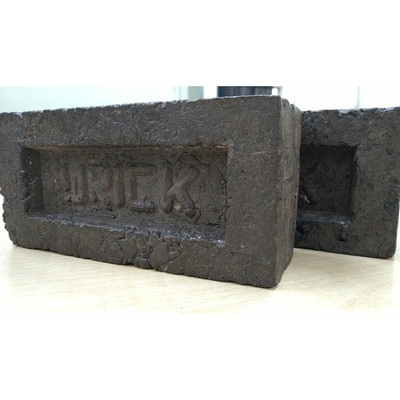
Updated on March 13, 2024
·Created on October 21, 2021
Wricks are affordable, lightweight, and waterproof bricks that are completely made from recycled waste.
Designed by Angirus Ind Pvt. Ltd., Wricks are customizable modular bricks that are made from recycled plastic, construction, and thermal waste. Wricks technology recycles PET bottles, MLP waste plastic, marble slurry waste, C&D (construction and demolition) waste, and other industrial waste into bricks of any size and shape.
The product is currently in its pilot stage. Interview with manufacturer
Target SDGs
SDG 11: Sustainable Cities and Communities
SDG 12: Responsible Consumption and Production
Market Suggested Retail Price
$0.08
Market Suggested Retail Price (Secondary Currency)
6
Target Users (Target Impact Group)
Small and Medium-sized Enterprises, Public Sector Agencies, NGOs
Distributors / Implementing Organizations
Wricks will be distributed directly through Angirus in addition to Angirus’s existing channel of retailers and dealers. Dealers will be educated about the monetary and environmental benefit of the products, compared to conventional products. In promoting Wricks, partnerships with government, NGOs, and environmentalists will play a significant role in devising policies for the industry. Interview with manufacturer
Competitive Landscape
Direct competitors include RePlast.
Countries
India
Manufacturing/Building Method
In partnership with Udaipur Municipal Corporate, Wricks are manufactured in a plant capable of managing 20 mm, 10 mm, and 40 mm aggregates (GSB) in addition to M-Sand and Paver Blocks. The bricks can be manufactured at about 100-120 units per hour.
Wricks are completely made from recycled materials, such as plastic waste, construction and demolition waste, and marble slurry waste from lakes. Manufacturing Wricks uses a low-emission process that also consumes large quantities of industrial waste.
According to the manufacturer, Wricks do not need to be soaked or cured like red clay bricks and, therefore, only require one day to manufacture. The elimination of the soaking and curing stage of brick production reduces the amount of water and labor in the process.
Intellectural Property Type
Patent
User Provision Model
Users can receive Wricks directly from Angirus or the manufacturer’s select retailers and detailers. Interview with manufacturer
Distributions to Date Status
The product is currently still in the pilot stage and has not been commercially distributed to date. Interview with manufacturer
Unit dimensions (cm)
The unit dimensions are the same as a conventional brick: ~9 x 9 x 19 cm. However, the product is moldable and can be provided in any size and shape depending on the demand. Interview with manufacturer
Primary materials
Recycled plastic and industrial waste
Complimentary materials
Mortar, however there are plans to eliminate or reduce it with an interlocking-block design in the future. Interview with manufacturer
Fire Resistance (hr)
Wricks do not have solid fire-retardant properties. Though marble slurry is added to improve the product’s fire resistance, it cannot hold fire for long. Interview with manufacturer
Thermal Insulation Capacity
Comparable to other bricks in the market Interview with manufacturer
Compressive Strength (MPa)
10 MPa Interview with manufacturer
Suitable Climates
All climates. Given the waterproofing advantage of Wricks, the product is suitable for humid and monsoon zones. Interview with manufacturer
Design Specifications
The initial Wricks prototype was 30-40% plastic waste, 40-50% demolition waste, and 20% marble and thermal waste.
Wricks are waterproof composite bricks made from recycled waste materials and no natural resources. The 100% recycled material of the bricks allows Wricks to be recycled at the end of their lifecycle. Because the brick utilizes waste products rather than natural resources, the manufacturer claims that Wricks is more sustainable, lighter, and has a smaller overall mass than clay-fired bricks.
Technical Support
Provided by manufacturer
Replacement Components
Since Wricks are recycled from construction and demolition waste, new Wricks can be recycled from older Wricks. However, new Wricks will have less properties the second pass through the process. Interview with manufacturer
Lifecycle
The bricks can be recycled at the end of their usable life. The expected life cycle of standard Wricks is more than 500 years. Interview with manufacturer
Manufacturer Specified Performance Parameters
According to the manufacturer, Wricks are 30% lighter, 20% stronger, and 80% more waterproof than conventional red clay bricks. Additionally, Wricks can be manufactured in one day and customized to any shape or size.
Vetted Performance Status
In initial comparative testing between Wricks and market red clay bricks, the manufacturer noted Wricks’s 1-2% water absorption capacity, and acceptable soundness and hardness. Wricks was tested by a government-accredited NABL laboratory based on the Indian standard brick tests for compressive strength and water absorption. Wricks achieved higher values in the test as compared to conventional clay brick. Interview with manufacturer
Safety
Potential hazards related to the operation of this product include risks associated with waste management, such as handling broken building materials and inorganic waste. When in construction, users should take precautions when lifting large quantities of this product simultaneously.
Complementary Technical Systems
Like conventional bricks, Wricks needs mortar (cement, sand, and water in a 1:4 or 1:6 ratio). In the future, Angirus is planning on launching interlocking blocks that will significantly reduce or eliminate the use of mortar, thus reducing cost. Interview with manufacturer
Academic Research and References
Samuel, Richard, 2019, This Udaipur based start-up turns recycled waste into building blocks called Wricks, Edex Live
“About us”, Angirus, accessed on March 13, 2024, https://angirusind.com/about-us.php
“Angirus Ind pvt ltd”, F6s, accessed on March 13, 2024, https://www.f6s.com/company/angirusindpvtltd#about
Compliance with regulations
According to the manufacturer, their products comply with the Indian Standard Code and Industry requirements. They also cite the Construction & Demolition Waste Management Rules, 2016 as a guideline for utilizing 10-20% C&D waste in projects.
Evaluation methods
Wricks has been comparatively tested (to conventional clay brick values) for compressive strength and water absorption in accordance to the Indian standard brick test. Interview with manufacturer
Other Information
Angirus is a DPIIT Recognized Startup (DIPP 70495).
In early 2021, Angirus received access to a construction and demolition (C&D) waste treatment plant and signed an MoU with Udaipur municipal corporation for recycling C&D waste in the city. Within two months, Angirus recycled more than 200 tons of C&D waste and delivered it for the Udaipur Smart City Project, a government infrastructure development project.Interview with manufacturer
Angirus’s first customer was L&T Ltd. (for the Udaipur Smart City Project).
The product was also a finalist for 2021 ISHOW India.
Agriculture
February 26, 2024
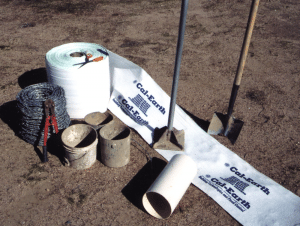
Agriculture
February 27, 2024
Implemented by
California Institute of Earth Architecture (CalEarth)
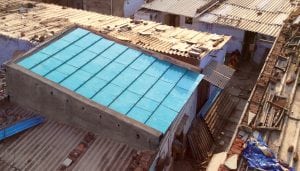
Agriculture
March 6, 2024
Implemented by
ReMaterials
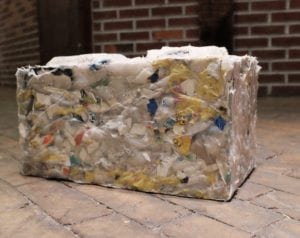
Agriculture
March 8, 2024
Implemented by
ByFusion
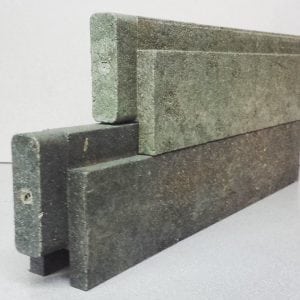
Agriculture
February 26, 2024
Implemented by
Grupo Ecoplasso
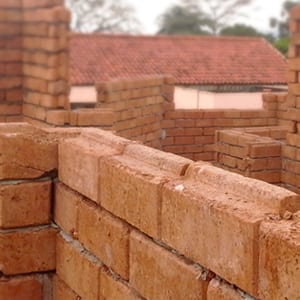
Agriculture
March 1, 2024
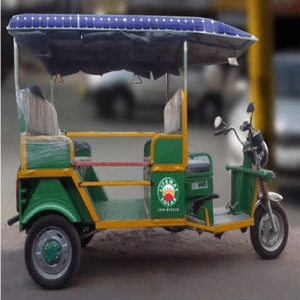
Agriculture
June 30, 2024
Implemented by
Lifeway Solar
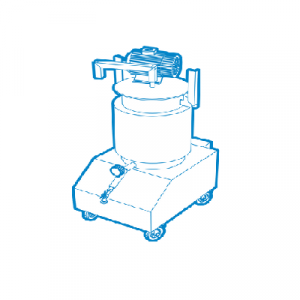
Agriculture
August 16, 2024
Implemented by
Green Pavers
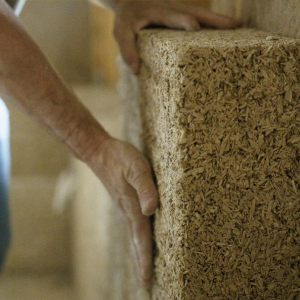
Agriculture
March 14, 2024
Implemented by
Hempitecture Inc.
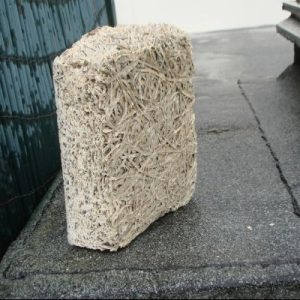
Agriculture
March 14, 2024
Implemented by
Straw Resource Ltd.
Have thoughts on how we can improve?
Give Us Feedback